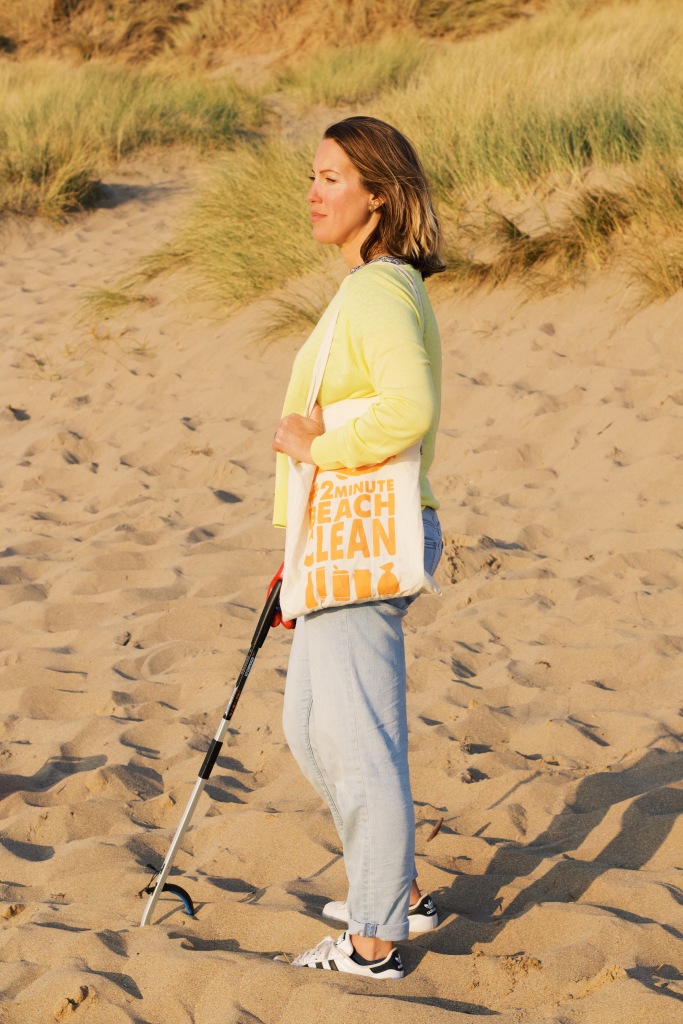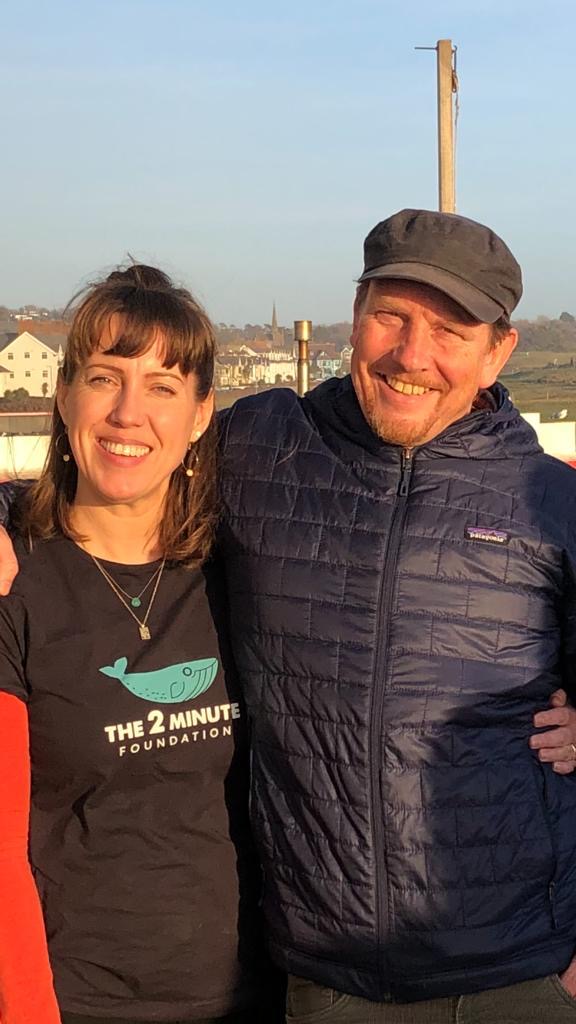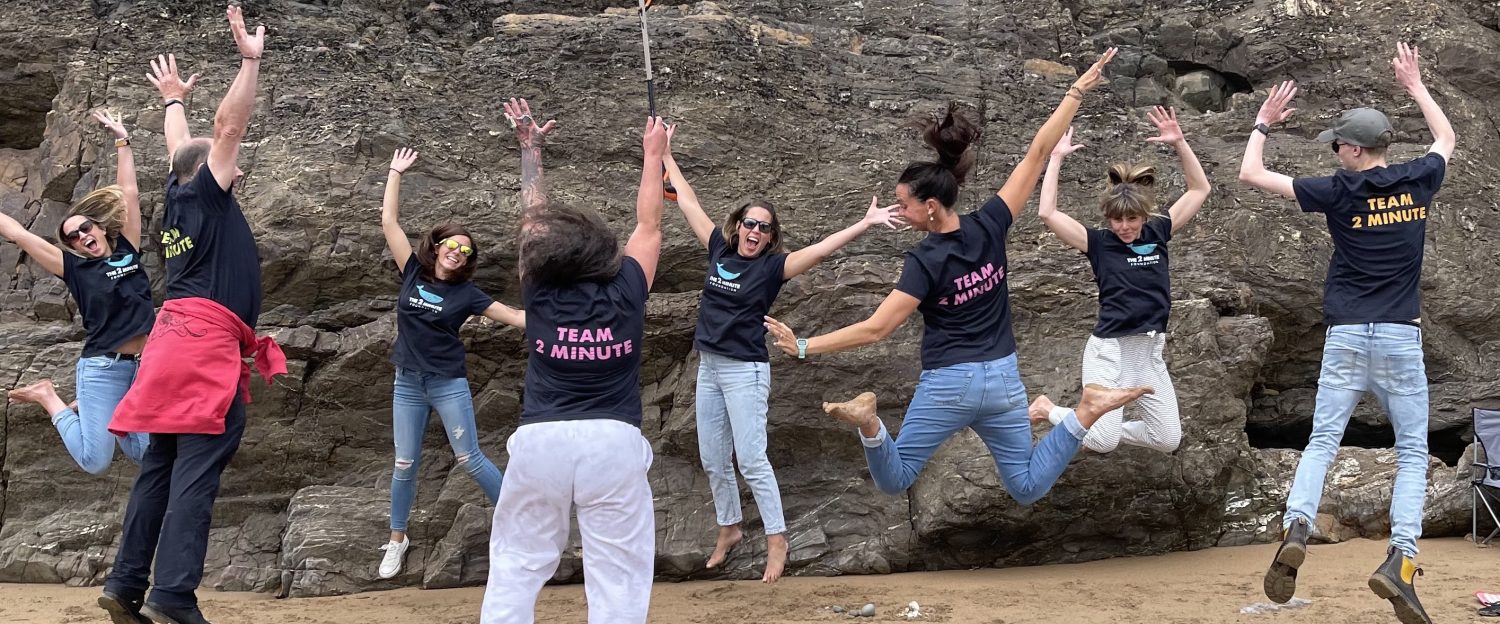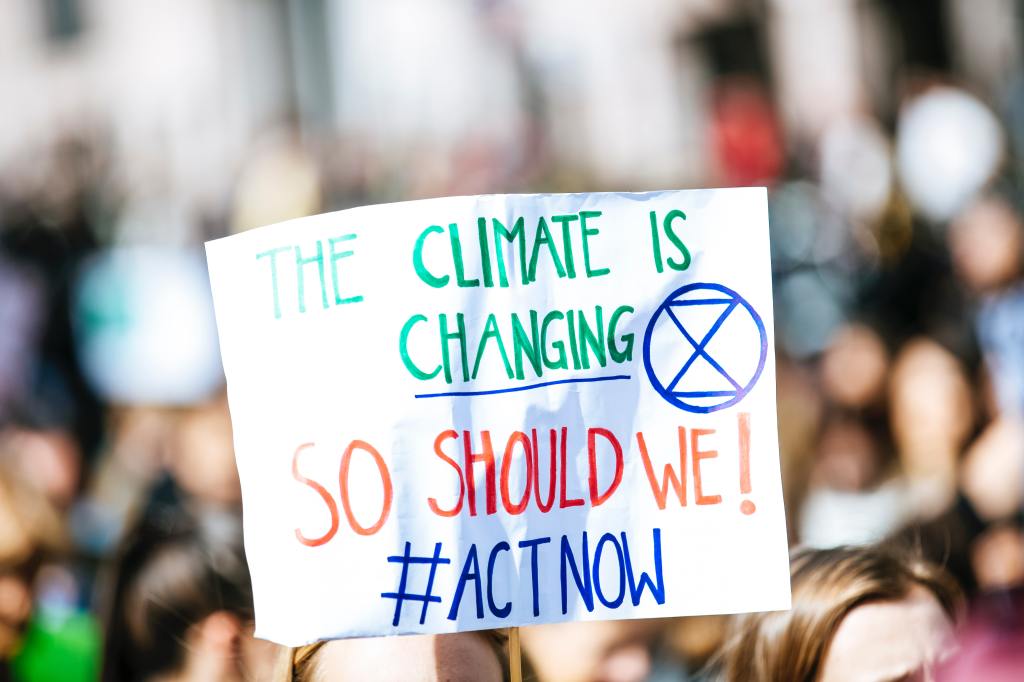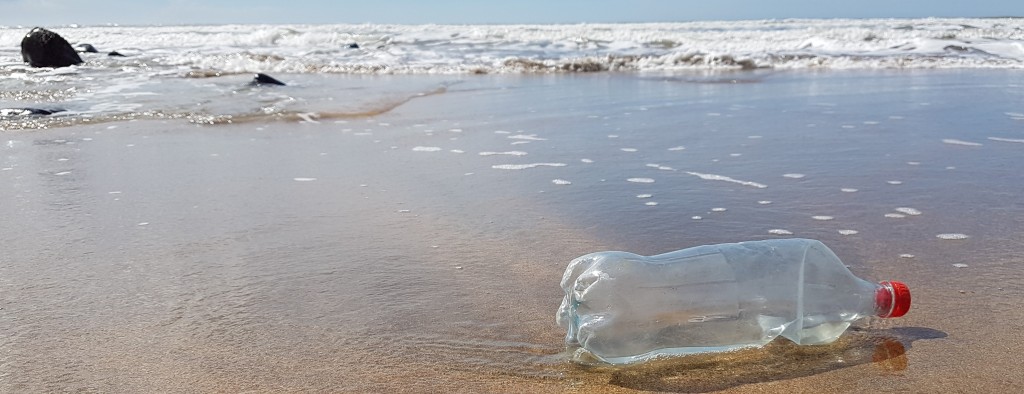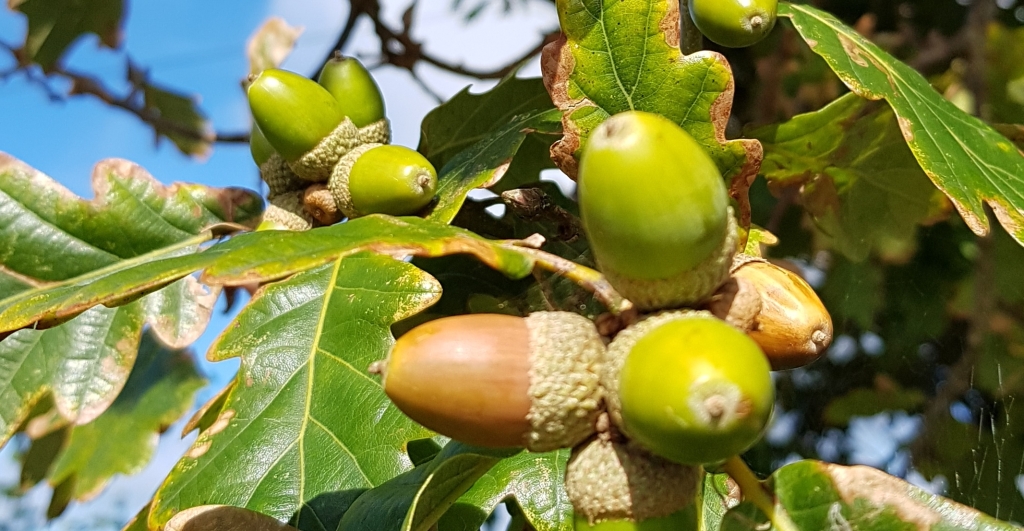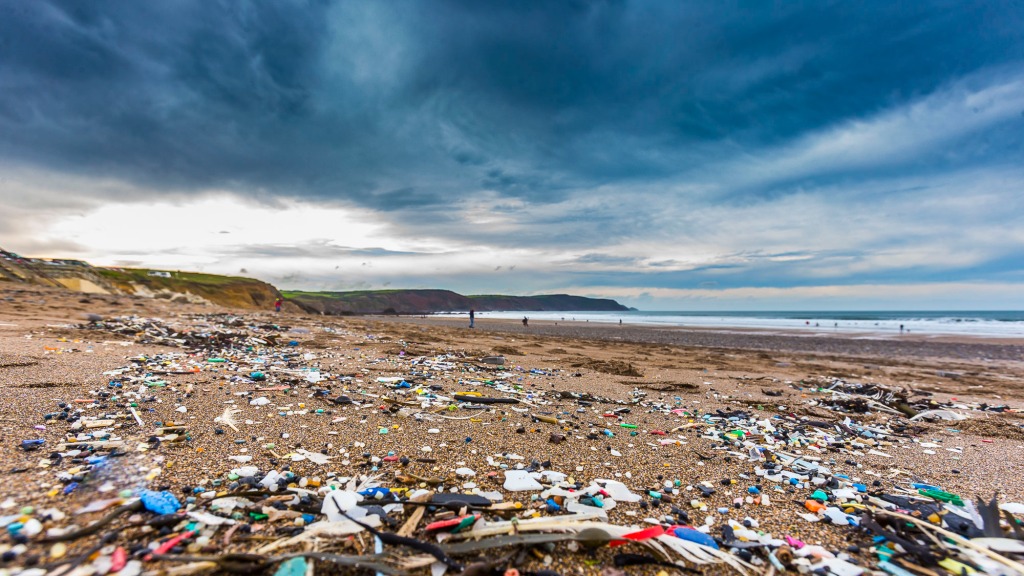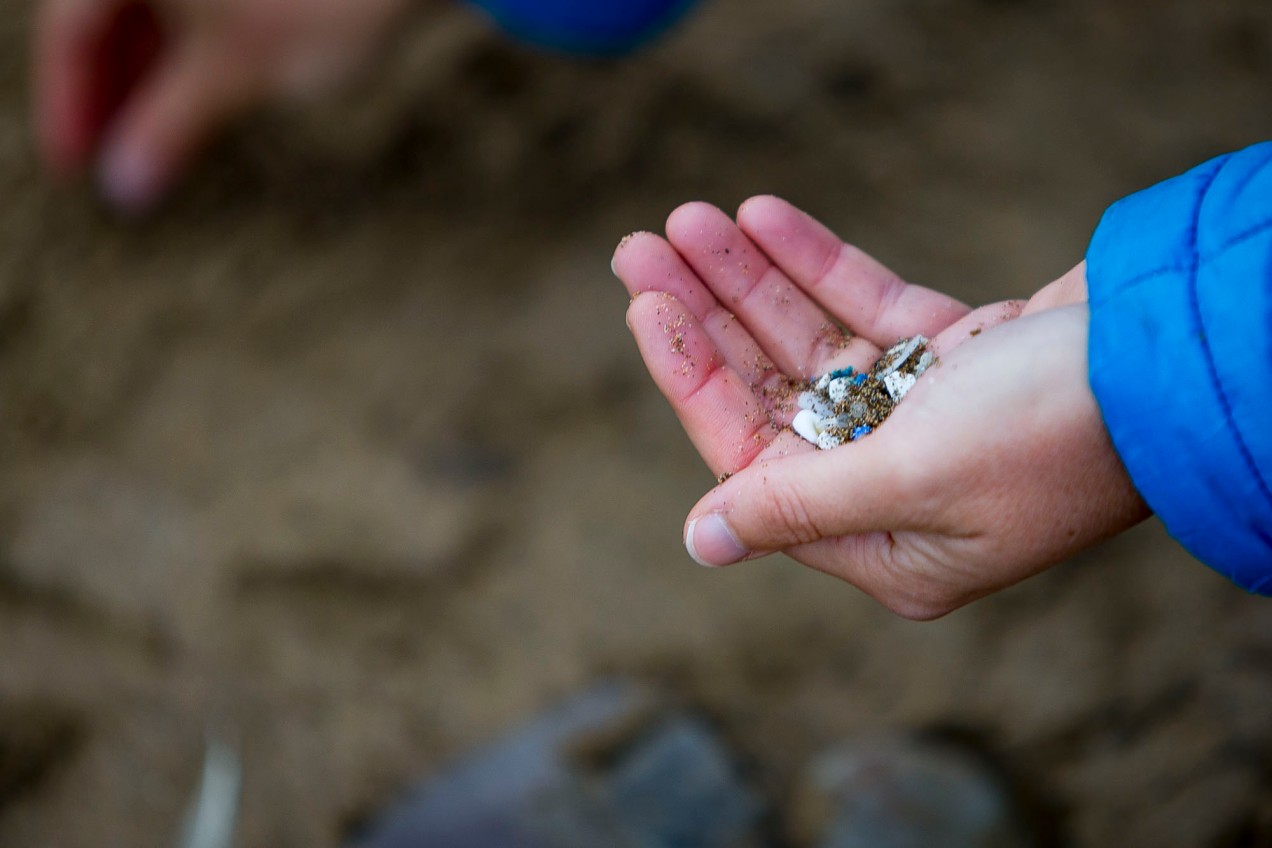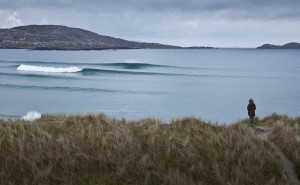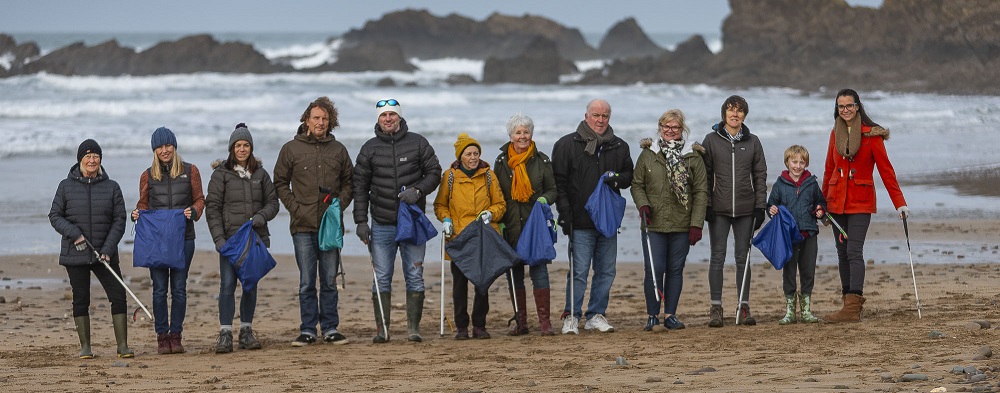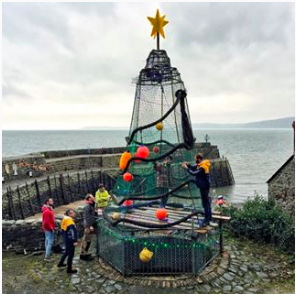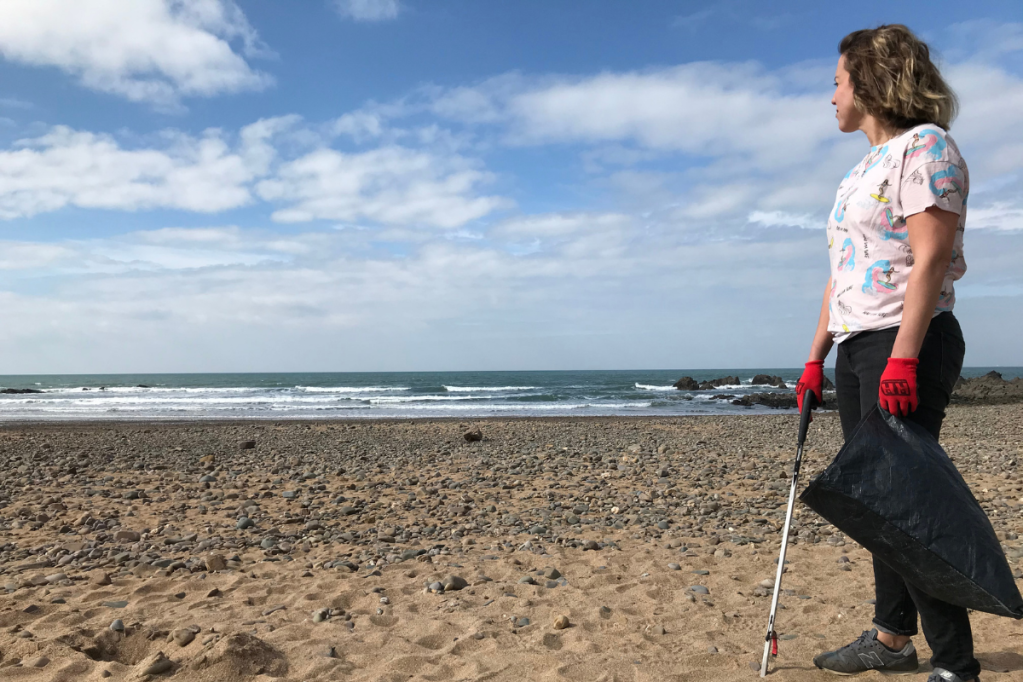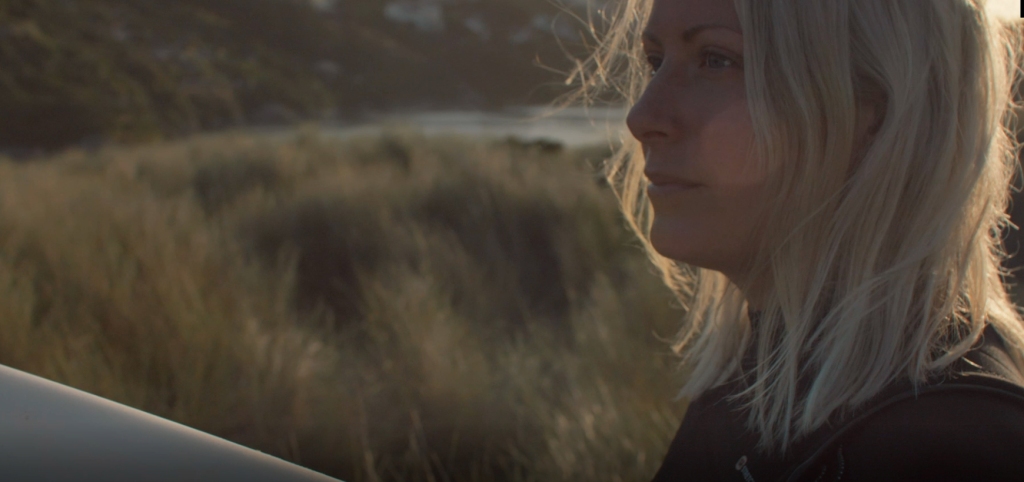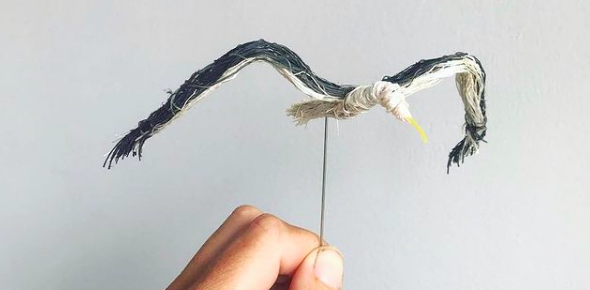
The 2 Minute Foundation has appointed its new CEO, Nicky Green. She takes over from Founder, Martin Dorey, to propel the charity’s strategic aims into this crucial decade for climate action.
The newly formed core team brimming with passion, heart and fresh ideas, will take its followers on a journey to help clean up the planet together – 2 minutes at a time.
Nicky is no stranger to 2 Minute. In 2010, she joined Martin’s writing business and was at the side-lines when it all started but it was in 2015 that her background in project management and communications set her in good stead to first work on stations and online shop sales. As the concept grew, she took on the corporate relations, new business, accounts, recruitment of the wider team, then headed up the operations as COO when The 2 Minute Foundation was set up in 2019 and was instrumental in navigating the charity through the pandemic.
Nicky and Martin have seen a lot of growth and change over the past 12 years – a point that was raised at the charity’s Q1 meeting. Nicky addressed the trustee board and Martin with a personal speech:
I’m conscious that I’m following in the footsteps (or a nice pair of brogues) of celebrity and founder of #2MinuteBeachClean Martin Dorey who’s actions have inspired thousands of individuals over the years.
I will approach this new role, of which I am the custodian, with a clear head, honest dialogue, steady plan, integrity, authenticity and commitment.
It’s an empty phrase to say it’s an honour to take on this role. I feel it is my purpose to be working in this space. I care personally. The team is now full of competent people who I trust, and I will build them up as we grow to help them illuminate their own paths.
I want to thank Martin for giving me this opportunity in the first place! Sleep deprived with a 1-year-old, I went for an interview back in 2010 and got the job. I did my 1 days’ work, went home to be Mum for the rest of the week and did the same each week for 4 years.
It was in 2015, a year after the first #2MinuteBeachClean post, that my ears pricked up at a conversation Martin had with Dolly about the traction of the hashtag. It was growing. Really fast. I wanted to be part of it. From the many offices we have shared (from garden shed to kitchen table) Martin allowed me to spread my wings, built me up and allowed me to progress in a career I never thought I’d ever have after having my 2 girls.
At times we have disagreed – it’s no lie…but we are both head strong and determined which I believe has contributed to the success of the charity since 2019. But I look back at the 12 years with fondness and friendship and I look forward to a pint in the near future.
Martin leaves behind a lasting legacy that will continue to create a ripple effect for generations to come, not only from that very first hashtag, which is still growing at an exponential rate, but also through his awe inspiring children’s books. I am proud to have worked for Martin, and with him. He sparked a whole movement that ignited the globe into direct action and that simple act appeals to young and old. I read this that was apt regarding Martin’s tenure: “Human ingenuity is the ultimate renewable resource”.
Martin – I’ll steer this ship that was built by you . Its foundations are made from blood, sweat and tears, passion, heart and a deep love and respect for the natural world.
As Dolly would say – it’s been a helluva ride. Enjoy your next adventure!
Martin will become trustee of The 2 Minute Foundation and will sit on the board alongside the 7 other trustees – brimming with expertise.
The continuing strategy led by Nicky will drive The 2 Minute Foundation’s litter picking app to be a leader in its field, grow the 2 Minute Beach School offering and take it inland, launch the Academy where students can achieve accreditation to support them on their career paths into the sector, and nurture and support the existing Guardian Angel cohort for those dedicated volunteers to spread the 2 Minute ethos to their communities. All of the activations aim to inspire and educate the general public on the impact that plastics have on the environment and to mitigate plastics reaching inland watercourses, that eventually lead to the sea.
“The ocean is our greatest ally in combatting climate change” says Nicky. “It’s the biggest carbon sink on the planet, constantly sucking up naturally occurring carbon, and since the Industrial revolution, the carbon from burning fossil fuels. The microscopic plants and organisms in the ocean photosynthesise to give us oxygen – it’s brimming with life and biodiversity. So, by adding in a heady mix of anthropogenic plastics that find their way into the ocean at an alarming rate, and after years of leaching chemicals into the atmosphere or breaking up into smaller pieces (microplastics), the misuse of, and single use of plastic abuses the very thing that gives us life’.
The charity will issue an annual impact report to share with its followers, prospects and partners, take The 2 Minute station concept overseas, work on an overhaul of its growing campaigns and work on an internal training drive for the talented team of marketeers, teachers, campaigners, plastic-free experts, marine biologists, data analysts, app builders, designers, social media heroes and fundraisers.

